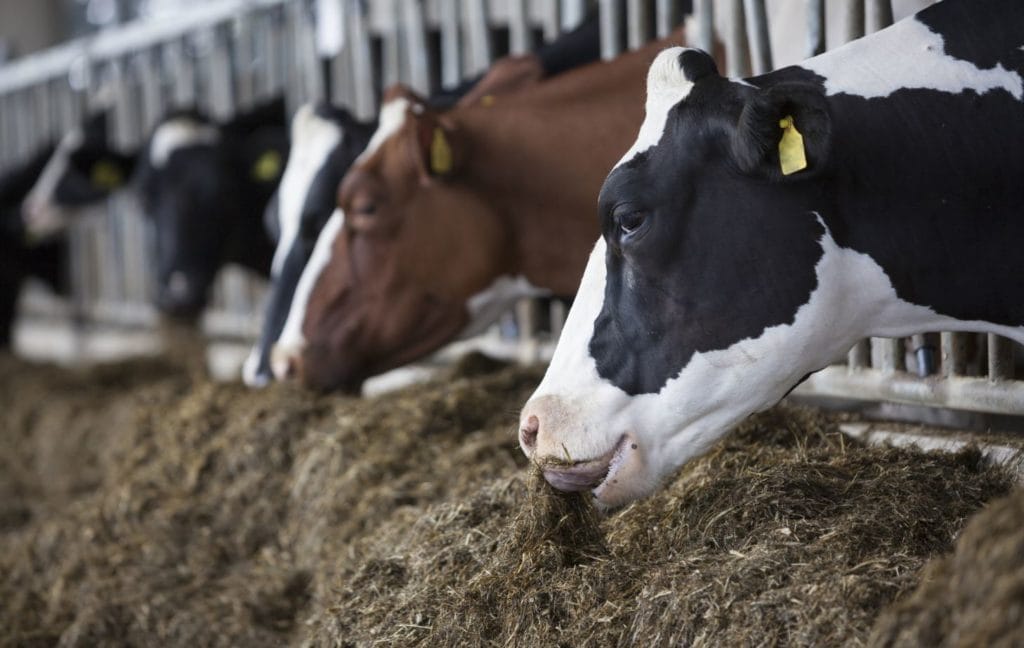Nigeria is taking significant steps to increase its domestic milk production by importing dairy cattle from Denmark, aiming to double output within the next five years, according to Livestock Minister Idi Maiha. This move forms part of a strategic effort to reduce the country’s heavy reliance on costly dairy imports, which currently amount to around \$1.5 billion annually.
Despite Nigeria’s status as one of Africa’s largest holders of cattle, the nation’s milk production remains substantially below domestic demand. Presently, Nigeria produces approximately 700,000 tonnes of milk each year, while its annual consumption reaches 1.6 million tonnes. This wide gap forces Nigeria to import nearly 60% of its milk supply, a situation the government is eager to change.
Minister Maiha described the objective as ambitious but achievable: “Our target is to increase milk production from 700,000 tonnes to 1.4 million tonnes annually within five years.” This goal underscores a determined effort to enhance the dairy sector and lessen the country’s dependence on imports.
One key challenge lies in the current cattle population. Nigeria boasts over 20 million cattle, but many belong to traditional pastoralist breeds known for their low milk yields. Addressing this issue, a Nigerian farm has already imported more than 200 high-yield dairy heifers from Denmark. These animals will be integrated into intensive breeding programs aimed at improving the overall productivity of the national herd.
The government is also advancing efforts to improve animal feed resources. In a significant development, Nigeria has registered eight new pasture species—the first such registrations in 48 years—providing better nutrition options for livestock. Additionally, a national strategy for managing animal genetic resources has been launched with support from the Food and Agriculture Organization (FAO). This initiative is designed to promote sustainable breeding practices and enhance the genetic potential of Nigeria’s livestock.
Minister Maiha highlighted the strong foundation on which these efforts are building: “With a cattle population exceeding 20.9 million, along with 60 million sheep and 1.4 million goats, Nigeria already possesses a substantial livestock base. Our work focuses on strengthening and modernizing this existing resource.”
This comprehensive approach, combining improved genetics, enhanced feeding strategies, and supportive policies, reflects Nigeria’s commitment to transforming its dairy industry. By boosting local milk production, the country aims to reduce its import bill, increase self-sufficiency, and support rural livelihoods across its agricultural sector.



